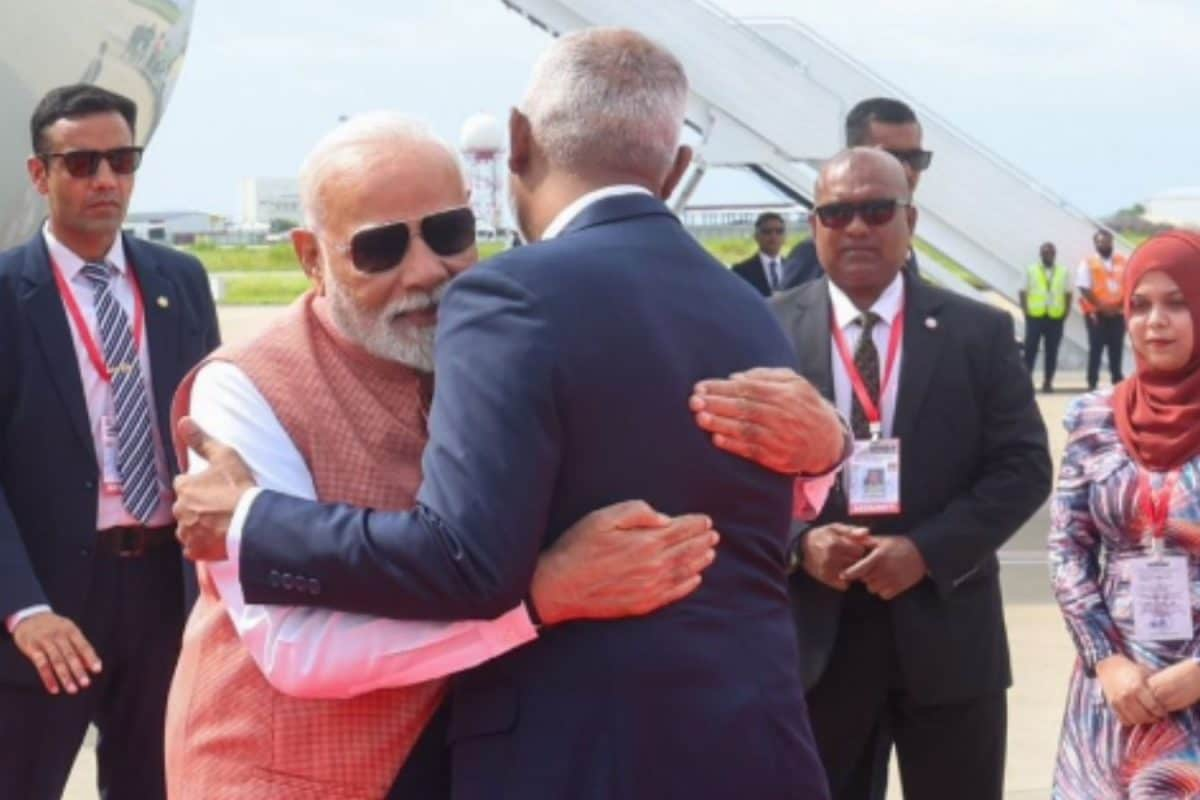

India and the Maldives share a multifaceted relationship rooted in history, geography, and culture. The ties between the two nations, marked by periods of close cooperation and occasional tension, have come full circle recently, highlighting the dynamic nature of their diplomatic engagements.
The relationship formally began after the Maldives gained independence from British rule in 1965, with India among the first to recognize the island nation's sovereignty. Over the years, a strong bond was fostered through strategic, economic, and cultural exchanges. This collaboration has seen India play a crucial role in the Maldives' development, providing aid, investment, and support in various sectors, including healthcare, education, infrastructure, and disaster relief. A key example is the Indira Gandhi Memorial Hospital in Malé, showcasing India's commitment to bolstering the Maldives' well-being.
A significant moment in their shared history is "Operation Cactus" in 1988, when India swiftly responded to a coup attempt against the Maldivian government. This intervention solidified India's role as a security provider in the region and deepened the trust between the two countries. Further cementing their bond were agreements like the 1981 Comprehensive Trade Agreement, alongside their collaboration within SAARC, aimed at fostering regional cooperation.
However, the relationship experienced a period of strain following the 2023 Maldivian presidential election, which saw Mohamed Muizzu assume office. Muizzu's campaign rhetoric, centered around an "India Out" policy and closer ties with China, signaled a potential shift in the Maldives' foreign policy. This stance led to concerns in India, particularly with regards to the presence of Indian military personnel stationed in the Maldives.
Tensions further escalated in early 2024 when derogatory remarks were made by Maldivian ministers about Indian Prime Minister Narendra Modi. The comments triggered strong reactions in India, including calls for a boycott of tourism to the Maldives. This diplomatic row underscored the delicate nature of the relationship and the potential for political rhetoric to impact bilateral ties.
Despite these challenges, efforts have been made to reset the relationship. High-level engagements, including Maldivian Foreign Minister Moosa Zameer's visit to India in May 2024 and President Muizzu's visit to India in October 2024, paved the way for renewed dialogue and cooperation. The adoption of the "Vision for Comprehensive Economic and Maritime Security Partnership" during Muizzu's visit indicated a mutual desire to strengthen collaboration in key areas.
The Maldives has also reaffirmed that it would not take any action that could harm India's security interests. Furthermore, India approved the highest-ever quotas for essential goods exports to the Maldives in April 2025, signaling its commitment to supporting its maritime neighbor's welfare.
Prime Minister Narendra Modi's visit to the Maldives in July 2025, marks a significant step in mending and strengthening relations. As the first head of government to be hosted by President Muizzu, Modi's visit underscores the importance of the India-Maldives partnership. Modi attended the Maldives' 60th Independence Day celebrations as the Guest of Honour, highlighting the 60th anniversary of diplomatic ties between the two nations. Discussions are expected to cover maritime security, trade and investment, and climate resilience, building upon the Joint Vision Statement for a Comprehensive Economic and Maritime Security Partnership.
India's continued support and assistance to the Maldives, particularly as a "first responder" in times of crisis, remains a crucial aspect of the relationship. As both nations navigate the complexities of regional dynamics and evolving geopolitical landscapes, their ability to build upon shared history, address concerns, and identify common interests will be vital in shaping a mutually beneficial partnership.